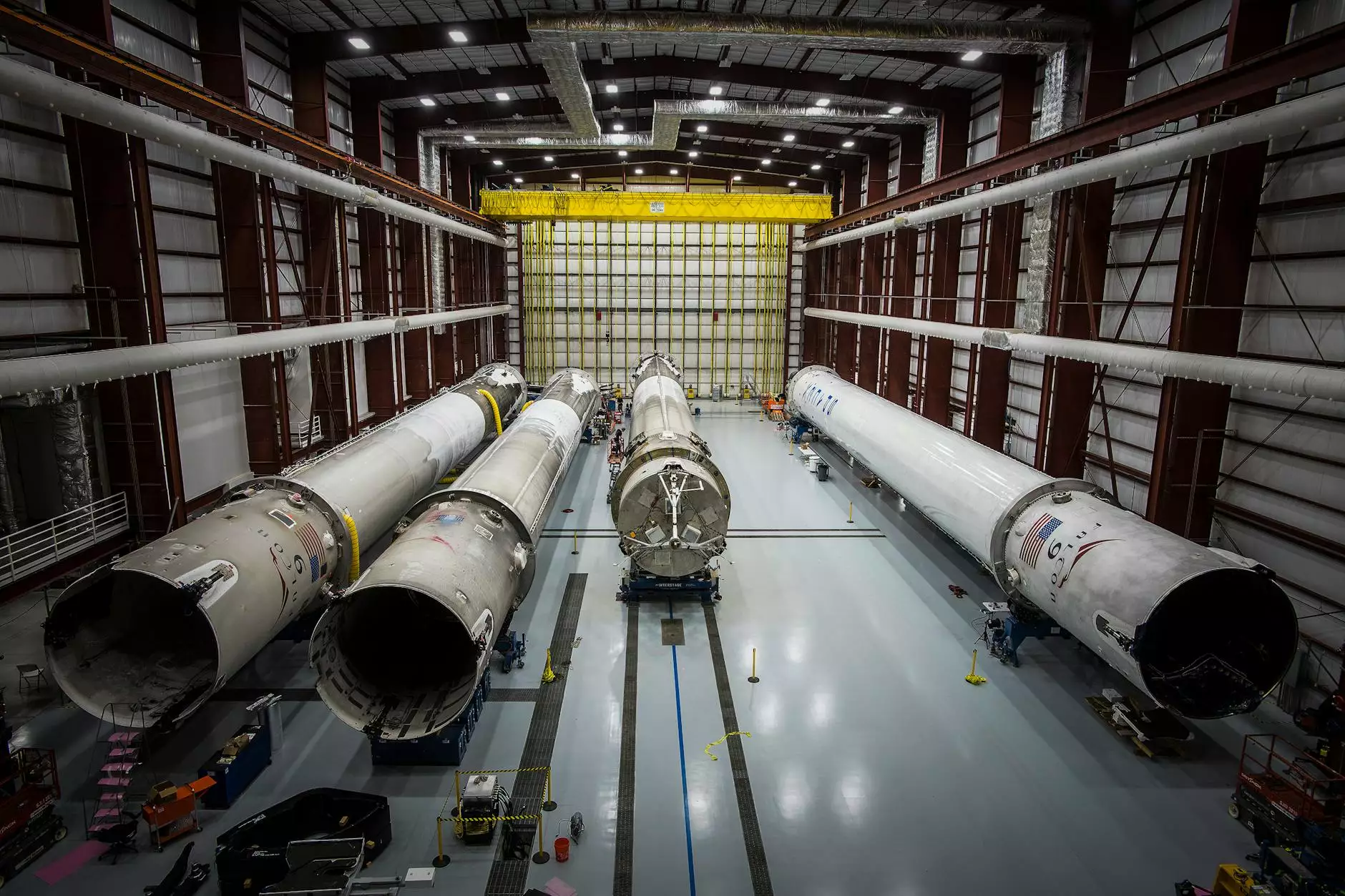Understanding Hybrid Energy Storage Systems

In today's fast-paced world, energy consumption patterns are rapidly changing. As we move towards a more sustainable future, the demand for innovative solutions grows. One of the most promising developments in this realm is the hybrid energy storage system (HESS). This article delves deep into what HESS is, its components, benefits, and its potential to revolutionize the way we store and use energy.
What is a Hybrid Energy Storage System?
A hybrid energy storage system combines multiple types of energy storage technologies to enhance system performance and reliability. Such systems integrate various storage mediums—like batteries and supercapacitors—to capitalize on their respective strengths. This combination allows for improved energy efficiency and greater operational flexibility.
Key Components of Hybrid Energy Storage Systems
Understanding the components of a hybrid energy storage system is vital to grasp its functionality:
- Batteries: Lithium-ion, lead-acid, and flow batteries are commonly used for energy storage. They provide significant energy capacity for longer durations.
- Supercapacitors: Known for their ability to deliver quick bursts of energy, supercapacitors are excellent for short-term energy demands.
- Power Electronics: These systems include converters and controllers that manage the flow of energy seamlessly between storage devices.
- Control Systems: Sophisticated algorithms and software that optimize the overall operation of the hybrid system, ensuring efficiency at all times.
How Hybrid Energy Storage Systems Work
At its core, a hybrid energy storage system operates by balancing the strengths of batteries and supercapacitors. When energy is generated, it is directed to either or both storage mediums depending on current needs:
- Charging Phase: During periods of surplus energy production, such as solar midday, the system charges batteries for long-term storage while simultaneously utilizing supercapacitors for immediate power requirements.
- Discharging Phase: When energy demand peaks, supercapacitors discharge quickly to meet immediate needs. Simultaneously, batteries can release energy at a more controlled rate to sustain demands over longer periods.
The Benefits of Hybrid Energy Storage Systems
The implementation of hybrid energy storage systems comes with a plethora of advantages:
1. Enhanced Efficiency
By combining different storage technologies, a HESS can optimize energy usage, reducing waste and improving overall system efficiency. This is particularly critical for businesses and organizations aiming to lower their energy expenditures.
2. Increased Lifespan
Utilizing supercapacitors alongside batteries significantly reduces the strain on the battery system, thereby extending its lifecycle. This is crucial for businesses that rely heavily on energy storage solutions, ensuring lower replacement costs over time.
3. Greater Flexibility
HESS provides the flexibility to respond to various energy demands, whether it be instantaneous power supply or long-term energy storage needs. This adaptability is essential for industries with fluctuating energy requirements.
4. Improved Sustainability
By maximizing the utilization of renewable energy sources, such as wind and solar, hybrid energy storage systems contribute to a more sustainable energy landscape. This is immensely valuable for businesses that are committed to reducing their carbon footprint.
5. Cost-Effectiveness
Although initial investments in hybrid energy storage systems may be substantial, the long-term savings achieved through energy efficiency, reduced operational costs, and lifespan extension of components often offset these expenses significantly.
Real-World Applications of Hybrid Energy Storage Systems
The versatility of hybrid energy storage systems makes them applicable across various industries:
1. Renewable Energy Integration
Many renewable energy installations, like solar and wind farms, benefit significantly from HESS. These systems can store excess energy generated during peak production times and provide it during low production periods, ensuring a steady and reliable energy supply.
2. Electric Vehicles
In the automotive industry, hybrid energy storage systems are used in electric vehicles (EVs) to optimize the battery performance, enhance range, and reduce charging times. The adoption of such systems is playing a crucial role in the transition to sustainable transportation.
3. Grid Stability and Support
Utility companies employ HESS to stabilize the electric grid, especially during peak loads or emergencies. This capability is increasingly important as energy demands continue to rise and renewable energy sources become more prevalent.
4. Commercial and Industrial Applications
Businesses are harnessing hybrid energy storage systems to mitigate energy costs, enhance energy reliability, and support renewable energy strategies. From data centers to manufacturing facilities, HESS provide a strategic advantage in energy management.
Challenges and Considerations
While hybrid energy storage systems present numerous benefits, there are also challenges that must be addressed:
- Initial Cost: The upfront investment for setting up a HESS can be significant, potentially deterring some businesses from adopting the technology.
- Complexity: Integrating multiple storage technologies requires sophisticated management systems and expertise which may not be readily available.
- Regulatory Issues: Navigating the regulatory landscape related to energy systems can pose barriers. Understanding local regulations is critical for successful implementation.
The Future of Hybrid Energy Storage Systems
Forward-thinking businesses are already adopting hybrid energy storage systems as part of their energy strategy. As technology advances and costs decrease, we can expect wider adoption across various sectors. Future innovations might include:
- Advanced Materials: Research into new materials for batteries and supercapacitors that offer greater energy density and faster charge/discharge rates.
- AI and Machine Learning: Implementing smart algorithms to predict energy needs and optimize system performance dynamically.
- Integration with Smart Grids: Connecting HESS with smart grid technology to facilitate real-time energy management and enhance overall efficiency.
Conclusion
The rise of hybrid energy storage systems represents a pivotal moment in the transition to a sustainable energy future. With their ability to blend multiple storage technologies for maximum efficiency and reliability, HESS stands out as a viable solution for businesses looking to innovate their energy usage. By embracing these advanced systems, companies can not only save on energy costs but also contribute to a greener planet. As advancements continue, the potential of hybrid energy storage systems to transform energy utilization is nothing short of remarkable.
For more information on how to implement energy-efficient solutions for your business, including hybrid energy storage systems, visit bmgreat.com.









